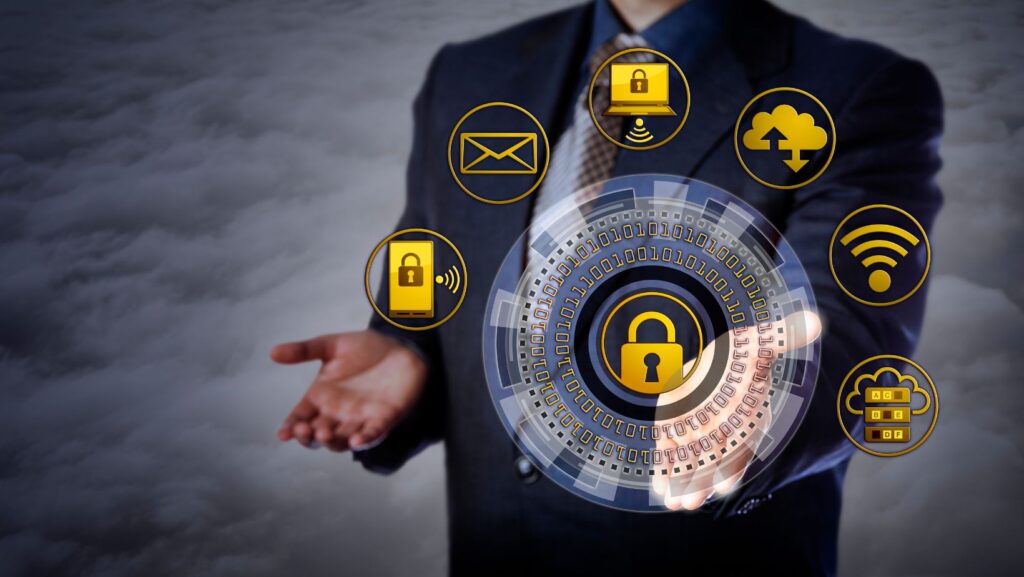In cybercrime cases, the defense attorneys have to defend their clients against complex, technology-driven allegations. The cases are usually highly technical, with intricate digital evidence to deal with. In such cases, the variety of arguments that the defense lawyers can raise in response to the prosecution ranges from pointing out weaknesses in evidence to the legitimacy of the charges brought against their clients.
Cyber crime lawyers play a very important role in devising these strategies. They use their experience in both legal and technical aspects to question the prosecution’s case. They work meticulously in finding flaws in the digital evidence and checking whether due process has been followed.
Some of the key defense approaches these legal professionals use are discussed in the sections below.
1. Questioning the Integrity of Digital Evidence
In cybercrime cases, the authenticity of digital evidence can be questioned by the defense. If it is collected poorly or corrupted, the evidence is no good.
2. Chain of Custody Attack
Chain of custody is just a fancy word for handling the evidence properly, from collection all the way to court. A break at any point here can seriously bring into question the reliability of the evidence presented.
For example, the defense can argue that evidence was tampered with or mishandled if it was accessed or altered by someone unauthorized. This weakens the prosecution’s case and casts doubt on the validity of the evidence, making it harder to use.
3. Authorization
The government has to prove beyond reasonable doubt that the defendant has accessed a computer system without authorization.

Thereafter, permission by the prosecutor may be proven as a valid defense, reducing the charge or dismissing it entirely. This works effectively when a question of ambiguity about one’s authority exists.
4. Presenting Valid Alibi
For cases dealing with cybercrime, an alibi defense can surely be quite potent, provided you can establish that you were not involved at the time of the crime.
For instance, one may find it easy to prove that they were at a different location. This may be supported through witness statements, GPS information, or phone records.
This will raise questions in the prosecution’s timeline and make it hard for them to connect you with the crime. Basically, your alibi is creating reasonable doubt, which is a plus that might help in your case to a great extent.
5. Highlighting Technical Flaws
Technical details are often misinterpreted, and expert witnesses presented by the defense can prove such information unreliable.

In case there is any flaw in the technical evidence, then prosecution will definitely be weakened.
6. Absence of Criminal Intent
Many cybercrimes demand criminal intent. The accused may raise a defense of lack of intent to commit a crime or that the action was an accident and misinterpreted. If criminal intent is not established, the charges can be reduced or dismissed.
7. Showing Illegal Search and Seizure
The defense may be allowed to exclude evidence acquired without a warrant or through illegal means from the case. If it is found that evidence was acquired in an unlawful manner, then the court might dismiss the case or bar the key evidence from the case.



